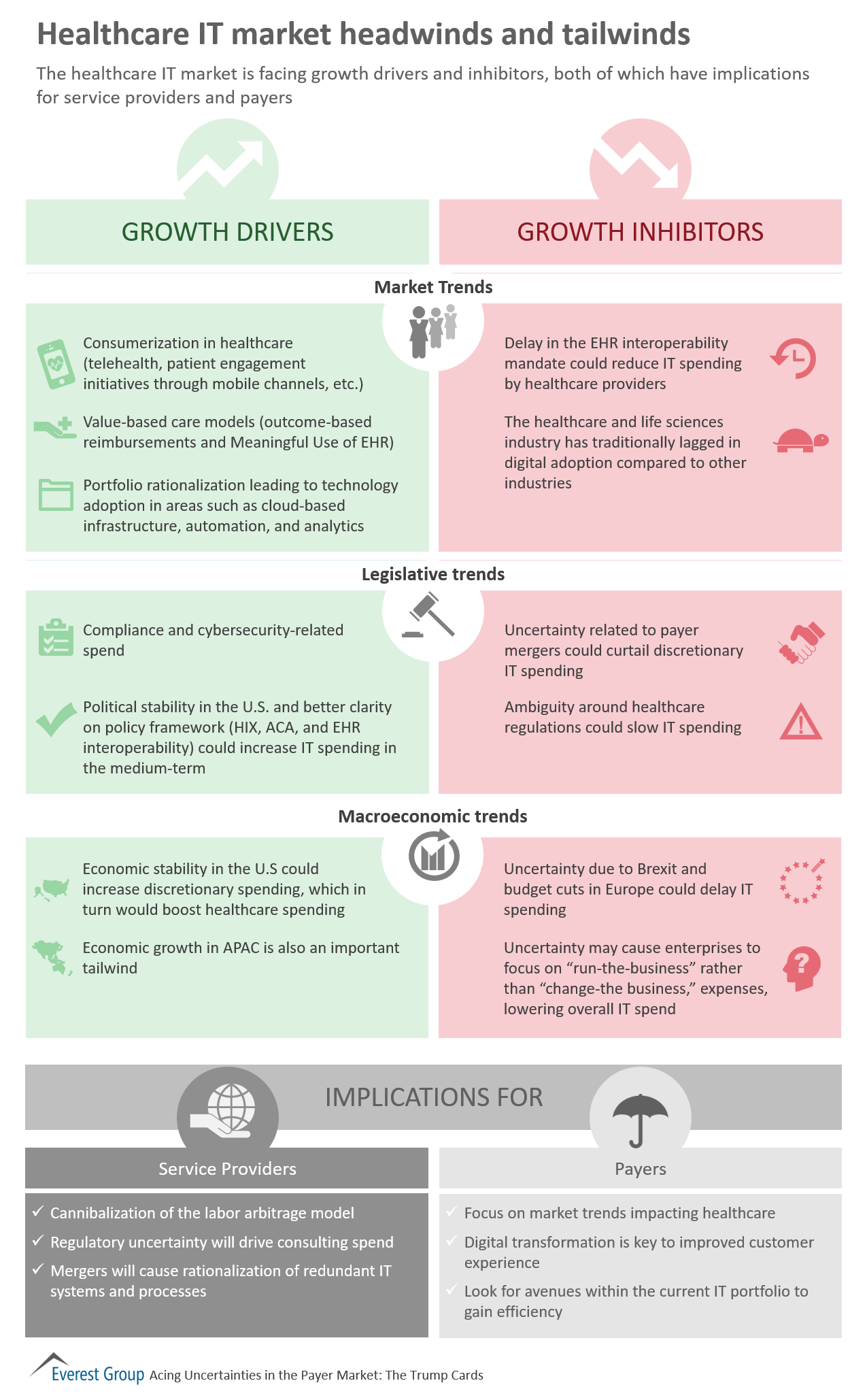Shifting Alliances? Pentagon's Greenland Plan And Future Arctic Power Dynamics

Table of Contents
The Pentagon's Greenland Strategy: A Detailed Look
The Pentagon's proposed initiatives in Greenland extend beyond simple military expansion. The overarching goal is to enhance the U.S. presence in the Arctic, counterbalancing the growing influence of Russia and China, and securing access to crucial resources. This strategy involves a multi-pronged approach encompassing significant infrastructure development, potential military basing, and resource extraction efforts.
The stated objectives of the US Arctic strategy include:
- Strengthening Arctic infrastructure: This involves improving airfields, ports, and communication networks, vital for military operations and resource transportation.
- Counterbalancing Russia and China: The increased military presence aims to deter potential aggression and maintain regional stability amidst growing competition.
- Securing access to resources: Greenland possesses significant mineral reserves, including rare earth elements critical for advanced technologies, making resource security a key driver.
Here are some specific aspects of the Pentagon's proposed strategy:
- Specific infrastructure projects planned: Upgrades to existing air bases like Thule Air Base are expected, along with potential construction of new facilities for surveillance and logistics.
- Potential locations for military bases or installations: Besides Thule, other strategic locations along Greenland's coast are being considered to enhance surveillance capabilities and rapid response times.
- Projected resource extraction and its implications: Increased mining activity could bring economic benefits to Greenland but also raises environmental concerns and questions about equitable resource distribution.
Greenland's Perspective and Potential for Shifting Alliances
Greenland's position within this evolving geopolitical landscape is complex. While possessing significant autonomy, it remains constitutionally part of the Kingdom of Denmark. This relationship heavily influences Greenland's foreign policy decisions. Accepting the Pentagon's proposals could bring significant economic benefits – potentially easing Greenland's dependence on Denmark – but also raises concerns about national sovereignty and potential environmental consequences.
Key considerations for Greenland include:
- Greenland's economic dependence on Denmark: Financial assistance from Denmark is crucial, making economic independence a driving force behind seeking new partnerships.
- Public opinion in Greenland regarding increased US military presence: While some see economic opportunities, others express concerns about increased militarization and potential environmental risks.
- Potential for closer ties with other Arctic nations: Greenland's engagement with other Arctic states, such as Canada and Iceland, might offer alternative avenues for cooperation and development.
Russia and China's Arctic Ambitions and Counter-Strategies
Russia and China are actively pursuing their own Arctic ambitions, posing a direct challenge to the U.S. Russia's military modernization in the Arctic, including the establishment of new bases and the deployment of advanced weaponry, represents a significant security concern. China's Belt and Road Initiative extends its reach into the Arctic, aiming to enhance its access to resources and shipping routes. The Pentagon's Greenland plan is likely to intensify this Arctic great power competition, forcing a recalibration of strategies and potentially leading to new alliances or partnerships among Arctic nations.
Here's a summary of Russia and China's activities:
- Russia's military modernization in the Arctic: Russia is heavily investing in upgrading its military infrastructure and capabilities in the Arctic region.
- China's Belt and Road Initiative's reach into the Arctic: China aims to establish itself as a key player in Arctic shipping and resource development through this initiative.
- Potential for new alliances or partnerships between Arctic nations: The increasing competition might lead to new alliances amongst countries seeking to balance the influence of major powers.
The Environmental Implications and International Law Considerations
Increased military activity and resource extraction in the Arctic pose significant environmental risks. The fragile Arctic ecosystem is particularly vulnerable to oil spills, pollution, and habitat disruption. The legal framework governing the Arctic, primarily the United Nations Convention on the Law of the Sea (UNCLOS), needs careful consideration. Competing claims over resources and maritime boundaries could lead to conflict, highlighting the need for international cooperation and adherence to environmental protection standards.
Key environmental and legal concerns include:
- Environmental impact of military infrastructure development: Construction and operation of military bases can lead to significant habitat disruption and pollution.
- Potential for oil spills or other environmental disasters: Increased shipping and resource extraction significantly increase the risks of environmental catastrophes.
- International law regarding Arctic sovereignty and resource exploitation: UNCLOS and other international agreements define the legal framework for Arctic governance and resource management.
Assessing the Future of Arctic Power Dynamics
The Pentagon's Greenland plan is a significant development with far-reaching consequences for Arctic power dynamics. The potential for increased geopolitical competition is undeniable, requiring careful consideration of Greenland's sovereignty, environmental protection, and international law. The interplay between economic interests, national security concerns, and environmental sustainability will shape the future of the Arctic. The complexities of this situation necessitate further research and informed discussion on the Pentagon's Greenland plan and its impact on the Arctic geopolitical landscape. Understanding the evolving Arctic security situation and the strategic importance of Greenland is crucial for navigating the future of this vital region. Engage with the discussion – learn more about the future of the Arctic and the role of the Pentagon’s Greenland strategy.

Featured Posts
-
 Bundesliga Absteiger Bochum Holstein Kiel Und Leipzigs Cl Aus
May 11, 2025
Bundesliga Absteiger Bochum Holstein Kiel Und Leipzigs Cl Aus
May 11, 2025 -
 From Flight Attendant To Pilot An Ex Sia Employees Success Story
May 11, 2025
From Flight Attendant To Pilot An Ex Sia Employees Success Story
May 11, 2025 -
 From Cabin Crew To Cockpit One Womans Transition From Flight Attendant To Pilot
May 11, 2025
From Cabin Crew To Cockpit One Womans Transition From Flight Attendant To Pilot
May 11, 2025 -
 Cobra De Sylvester Stallone Un Regret Pour L Acteur
May 11, 2025
Cobra De Sylvester Stallone Un Regret Pour L Acteur
May 11, 2025 -
 Chinas Impact On Bmw And Porsche Market Headwinds And Strategic Responses
May 11, 2025
Chinas Impact On Bmw And Porsche Market Headwinds And Strategic Responses
May 11, 2025
